Microschools Meet The Moment
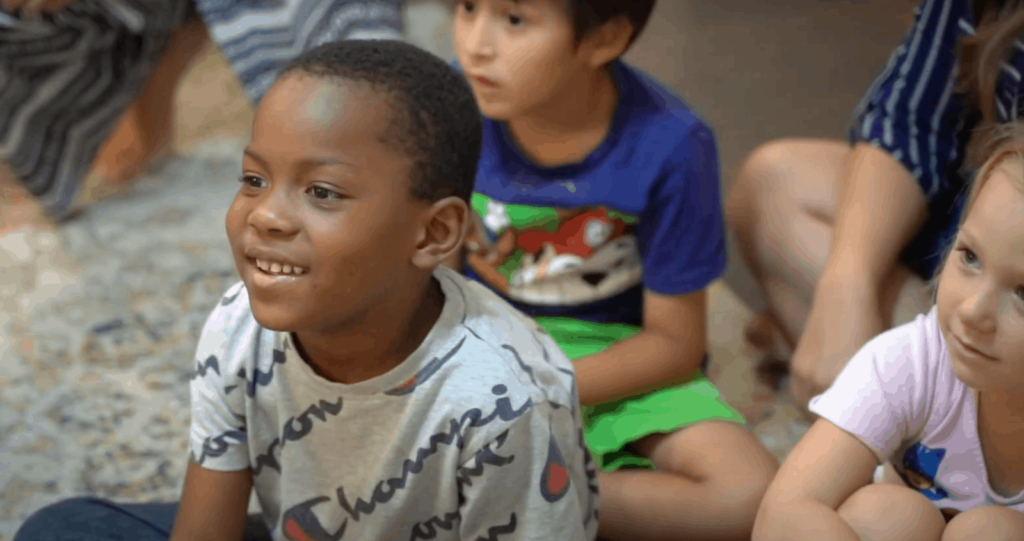
After tutoring kids in a Phoenix library for a few years, Kelly Smith and seven neighborhood kids started the first Prenda microschool. Two years later there were 200 tiny Prenda schools meeting in living rooms and community spaces.
Given the choice of sending children back to school or enrolling them in a questionable online program, many parents are considering alternatives including starting or joining a microschool.
Prenda was among the first grantees of the VELA Education Fund, a new nonprofit fund that supports pioneering entrepreneurs building and leading innovative, out-of-system education models. VELA launched with seed funding from the Walton Family Foundation and the Charles Koch Institute and is expected to grow to include additional donors over time.
This week, the VELA board announced a $1 million Meet the Moment grant program to new microschool opportunities. VELA “will fund efforts that yield something new or transform existing models, so long as they provide responsive and authentic learning experiences for young people.”
“Parents, educators, and entrepreneurs are reinventing when, where, and how learning happens,” said Marc Sternberg, K-12 Education Program director at the Walton Family Foundation.
VELA directors plan to build a portfolio of out-of-system models and programs that represent geographic, socioeconomic, and racial diversity. In addition to low-cost microschools, they are open to supporting homeschool cooperatives, youth-led programming and learning, and online content.
“VELA is committed to increasing the availability of access to new student-centric education models and experiences,” said board member Meredith Olson.
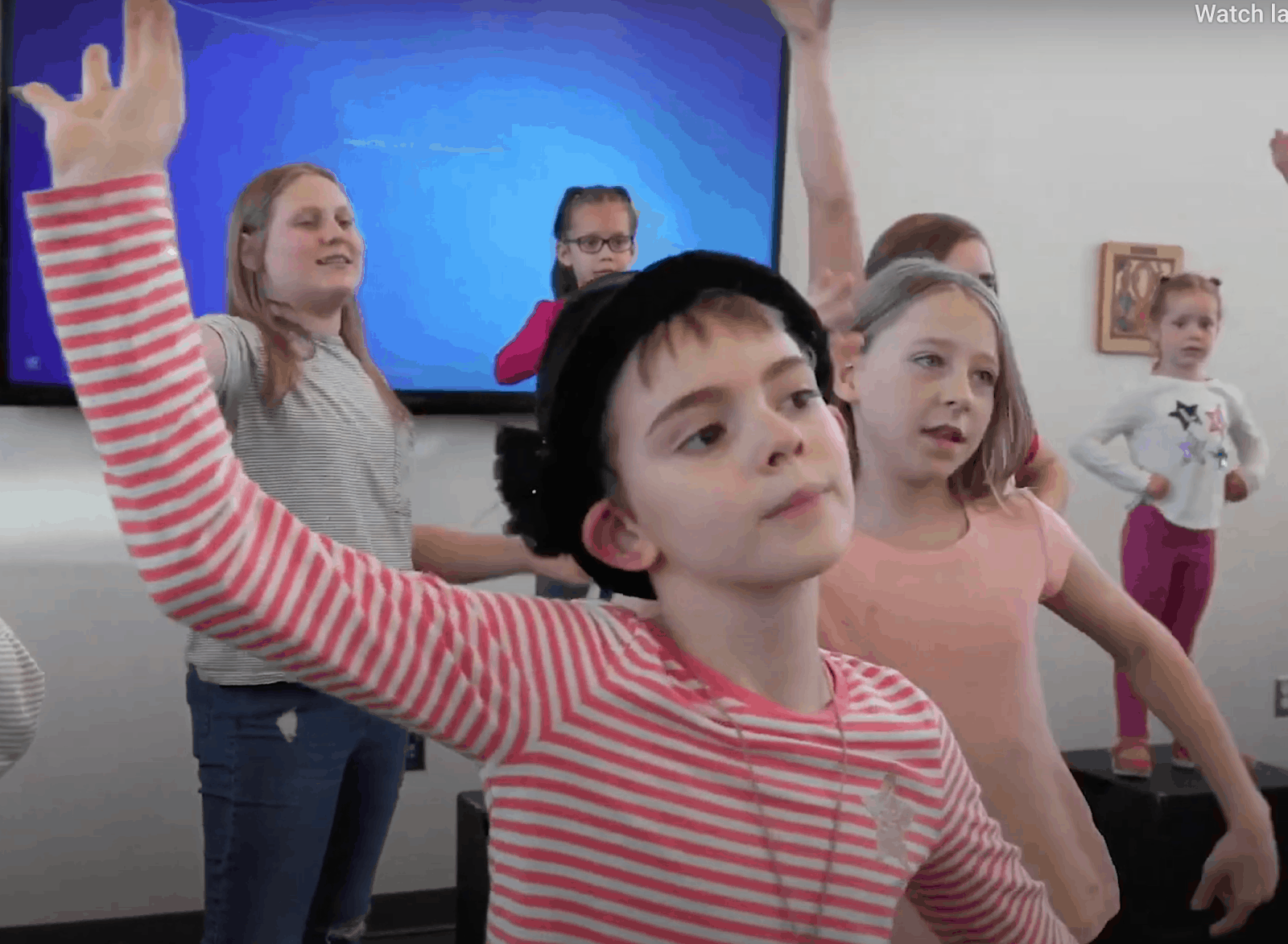
A Tiny Revolution
Tiny schools from the sprawling cities of Africa to the suburbs of Austin are reshaping the education landscape. Some of these microschools operate outside formal systems, some operate in networks that are spreading around the world, and some operate outside the current conception of education altogether.
The ability to open schools quickly in nontraditional spaces is a benefit of microschools. Some are in homes while some leverage community assets like parks, museums, zoos, and business partners. Microschools can quickly address underserved student populations and demonstrate innovative new practices and staffing strategies.
Microschools can be opened quickly, connected to community learning options, address specific needs, and leverage parent commitment and/or teacher leadership (i.e., they are so small they don’t have a separate administrator). Microschools can stay small, span a network, or become a big school with demonstrated success.
Microschools, often developed in networks like Edvisions and Acton Academy, have historically served 15 to 150 students but with the pandemic, we’re seeing new interest in tiny schools of 5-10 (sometimes call nanoschools) like the Prenda network.
For the last 10 years, 4.0 Schools has been the leading advocate of small experiments and small community connected schools. The New Orleans nonprofit will support the Meet the Moment program by distributing resources to its alumni network of more than 1,000 leaders who are reimagining learning through innovative microschools, youth development programs, and new tools.
Parent cooperatives, groups of families enrolled in the same online school, and sharing custodial care and extracurricular activities, have grown quietly and steadily over the last 15 years. By next month there may be thousands of these co-ops around the country.
Help for Homeschooling
Another VELA grantee is Workspace Education in Bethel Connecticut. This month they announced Workspace Sky, an online learning platform that includes K-12 curriculum, coworking collectives, and art activities–all the ingredients parents need to create personalized pathways for children with access to as much guidance and support as is necessary.
Workspace founder Catherine Fraise said, “We’re encouraging families to realize that they don’t have to do this alone. Becoming the primary educator of your child can feel daunting, but really, nobody knows what a family needs more than they do. Now, the combination of technology and the desire to reform education have made colearning both possible and necessary.”
VELA extends the Walton Family Foundation’s commitment to new models of learning, including their Innovative Schools Program, which has supported 14 new models in the last three years. VELA will also benefit from the Koch Foundation’s commitment to customized education for every child and their strength in policy and advocacy.
For more, see:
- Why and How to Open a Microschool
- 7 Ways Microschools Help Communities Innovate
- Acton Academy: Hero Launchpad Goes Global
Stay in-the-know with innovations in learning by signing up for the weekly Smart Update.



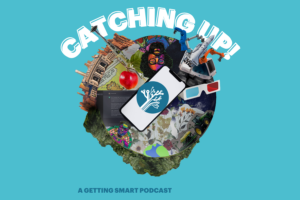

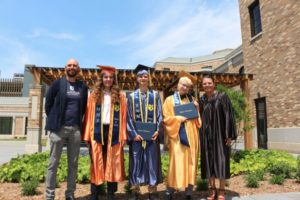
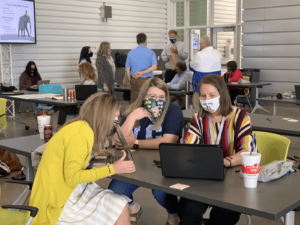

Kim cutro
Is there a school for kids ages 10 to high school like the one in New milford?